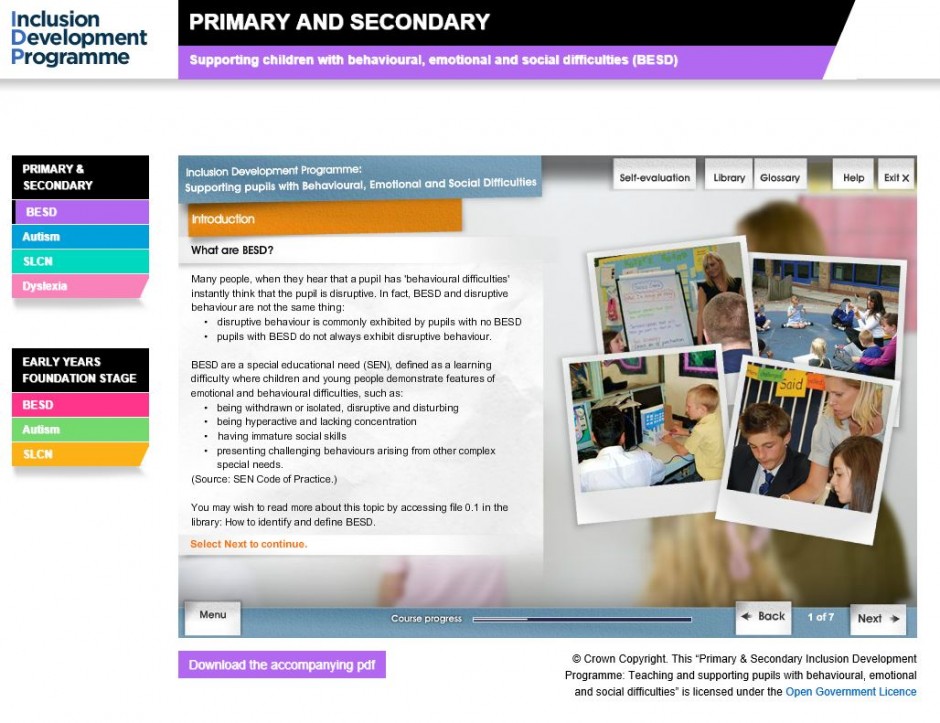Everything you were looking for was right there all along.
A year without lesson observation grades seems a long time, in reality we have not even completed one Performance Review (PR) cycle. Most of my investment and preparation for the move to ungraded lessons was with HR, behind the scenes work, the redesign our PR, updating the Pay Policy and preparations for how we were planning to monitor the Quality of Teaching, Learning and Assessment. That planning started at the end of the summer term (this time last year) and was completed advance of the PR cycle starting. The reason I am writing this now, is there maybe senior leaders considering the move to ungraded lessons for the start of the next PR cycle in November. In my humble opinion, this may be one of the most important and best decision you could make for your school, especially if you are facing an uphill battle, as we were.
As we were writing the policy changes, my colleagues Mike Goves and Paul Blake were testing the operational changes, moving from “graded lesson observations,” to “ungraded learning observations.” We are still ironing out the creases, referring to feedback and seeking improvements, however we have found that the move has encouraged further professional dialogue around lesson design and planning, focused conversations on pupils learning (rather than teaching) and identified, evidence based, areas for professional development for staff. The removal of a “grade conversation” has change the professional dynamic from teacher / line manager to professional coach/colleague. It has also opened a full range of new professional partnerships and distributed the leadership further than we ever expected. We have SLT being observed by NQTs, NQTs observing other NQTs, and almost every possible combination. The use of Teachers Standards, within the PR, has reaffirmed the core responsibilities of staff and provided a secure foundation for professional conversations around objective setting and appraisal. Notably, simplifying, sharing and embedding our expectations on UPS staff has fostered a drive for excellence and also the demand for high quality professional development opportunities. We concluded that if staff were meeting the Teachers Standards, meeting and evidencing their objectives and were addressing their areas for professional development, a positive review was established. The introduction of “leadership standards.” which include the recognition of middle leaders contribution to, and engagement in, the CPD programme, has proven worthwhile. For the leadership team, the use of the Headteacher standards, has framed our ambitions. The quality of evidence, including achievement data, could then be used to recognise exceptional contributions to the organisation.
We re-wrote our Pay Policy with a greater focus on the teacher standards, on self-review and professional reflection. A move towards a more holistic, “capacity and capability” model of appraisal – a policy that promoted “…a culture of high expectations and aspirations and scholastic excellence.” I am sure you are not that interesting in 14 revisions and feedback from Governors, but it is safe to say, this is a comprehensive task.
Interim Reviews
In reviewing our Interim Reviews on SchooliP, the vast majority our staff are working conscientiously to be better teachers. The refocusing of the PR and the removal of lesson grades has released a new sense of professional pride. Staff are talking more openly about their teaching, observing one another, both formally and informally. Expectations have been clearly communicated and personal standards are rising, in particular for staff preparing their evidence to move from MPS6 to UPS. More staff are delivering and attending professional development and lastly, as a result of the Assessment Without Levels agenda, more staff, across more departments, are collaborating. It is, arguably, an example of systems driven leadership, with a personal touch.
I will provide an update after the PR cycle closes.


